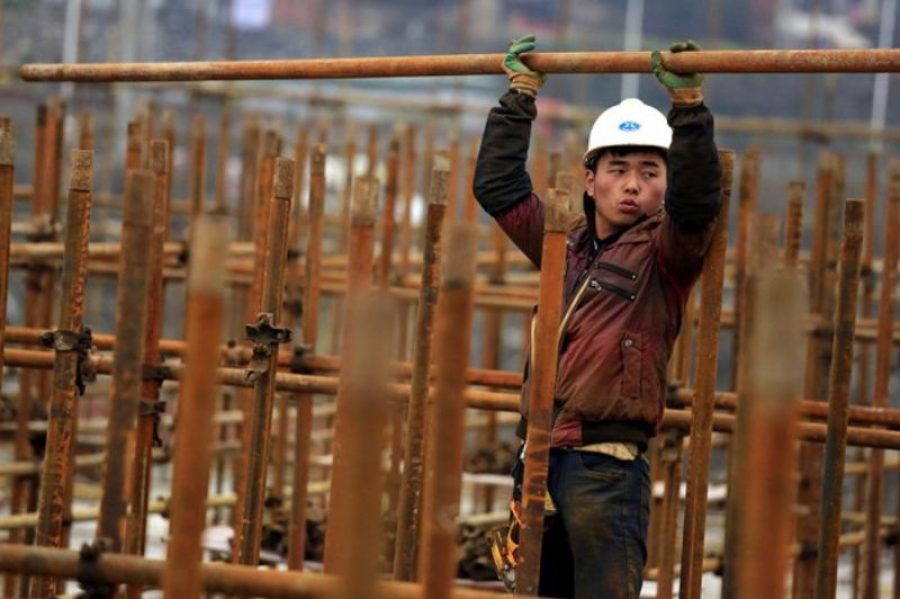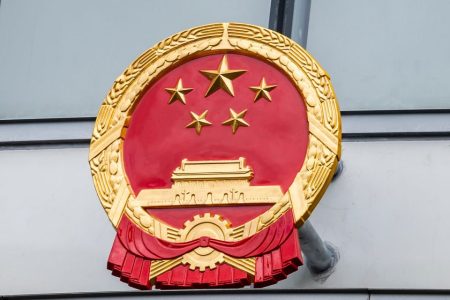The Macau Federation of Trade Unions (commonly known as Gung Luen) announced the launch of a ‘blue book’ on labour relations and employee interests at its headquarters on Tuesday, calling for the protection of workers’ livelihood.
According to a Gung Luen statement, the association commissioned scholars from the China Institute of Industrial Relations (CIIR) in Beijing to write the blue book, according to the Macau Post Daily.
The China Institute of Industrial Relations is a tertiary education institution run by the All-China Federation of Trade Unions.
Addressing a press conference about the ‘blue book’, Jiang Ying, dean of the institute’s Faculty of Law, said the ‘blue book’ was based on the last five years’ data and the surveys which Gung Luen had conducted over the past two years.
Jiang pointed out that attempts to enact a trade union law have met many obstacles in Macau, adding that such a law would protect employee interests including the right to collective bargaining.
The Legislative Assembly (AL) has rejected different trade union bills eight times since the establishment of the Macau Special Administrative Region (MSAR) in 1999. The last time such an ill-fated bill was rejected was in November last year.
Jiang also said the increase in the number of non-local workers in Macau was inevitable since it has a labour shortage. However, she said the government should increase the level of transparency around the hiring of imported workers and strengthen the training of local workers in order to help them increase their competitiveness on the labour market.
According to Jiang, the blue book also suggests the government implement a five-day working week and a statutory minimum wage for all workers as soon as possible.
Currently, only government employees enjoy a statutory five-day working week.
Pointing out that private-sector employees in Macau are entitled to only six days’ paid holiday per year, Jiang said that in this respect Macau was lagging behind neighbouring regions.






